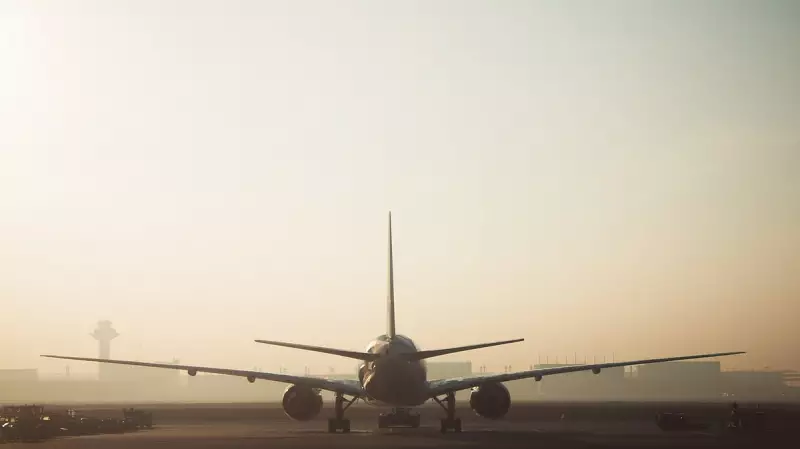
India's aviation regulator has issued a crucial directive to enhance flight safety following multiple incidents of navigation system interference in the national capital region. The Directorate General of Civil Aviation (DGCA) has mandated that all pilots and air traffic controllers must report any instances of GPS spoofing within just 10 minutes of detection.
Immediate Reporting Protocol Activated
The new requirement comes as a direct response to multiple incidents of GPS spoofing and interference that have been reported in recent days around the Indira Gandhi International Airport (IGIA) in Delhi. As the country's busiest aviation hub, IGIA handles an impressive over 1,500 flight movements daily, making the security of navigation systems absolutely critical.
Under the fresh guidelines issued on November 11, 2025, aviation personnel must immediately flag any suspicious activity affecting global positioning systems. The ten-minute reporting window represents one of the fastest response protocols implemented in Indian aviation history for such technical anomalies.
Understanding the Threat: GPS Spoofing
GPS spoofing involves the transmission of false GPS signals that can mislead navigation systems, potentially causing aircraft to deviate from their intended flight paths. Unlike simple GPS jamming that blocks signals, spoofing provides incorrect positional data that appears legitimate to receiving equipment.
The incidents detected around Delhi's primary airport have raised significant concerns within the aviation community. While modern aircraft typically employ multiple navigation systems as backups, GPS remains a fundamental component of contemporary flight operations and air traffic management.
Enhanced Aviation Security Measures
The DGCA's proactive stance demonstrates the increasing importance of cybersecurity in aviation infrastructure. By requiring immediate reporting, authorities can quickly investigate potential sources of interference and implement countermeasures to protect air traffic.
This development highlights the evolving nature of aviation threats in the digital age. The implementation of such specific reporting timelines shows India's commitment to maintaining world-class safety standards at its busiest airports and protecting the thousands of passengers who travel through them daily.
Aviation experts have welcomed the move, noting that prompt reporting enables faster response coordination between different agencies, including security forces who can locate and neutralize unauthorized transmission sources that threaten flight safety.






